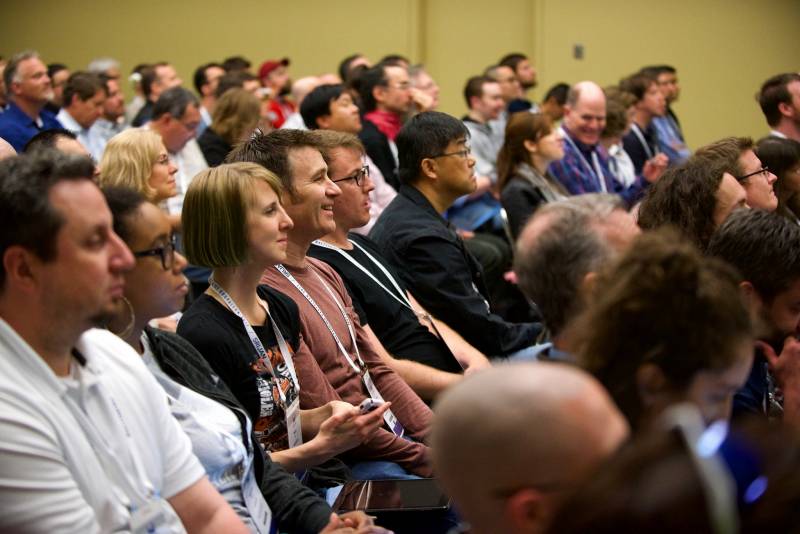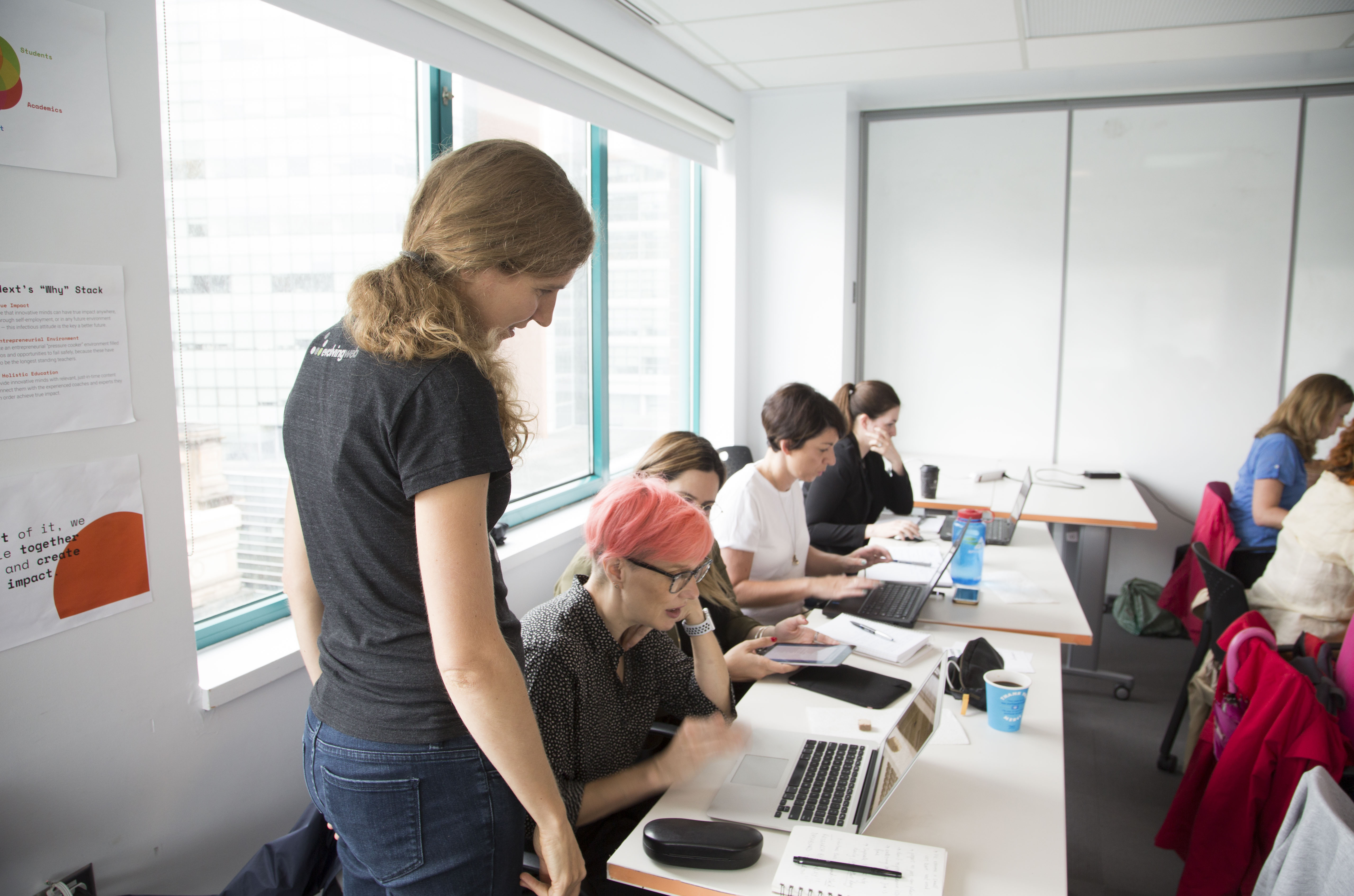As a long-time member of the Drupal community and a co-founder of Evolving Web, I think there's a huge opportunity to leverage Drupal to build a stronger, more plural open source community. Drupal has long led the way in the digital space as a tool to create accessible content and experiences for all kinds of audiences. Being more explicit about our actions to increase the inclusiveness of the community that surrounds Drupal is an important next step.
I recently took part in some events and initiatives that aim to promote Drupal as a force for diversity and accessibility in the world. In this article, I'll elaborate on them, hoping to reach the hearts and minds of Drupalists and members of the broader community we are part of.
The Challenges of Learning Drupal
First, let me provide some context about my concerns about diversity. I've been involved in Promote Drupal, a community-led initiative through which we market Drupal to decision-makers and those who want to learn Drupal and become developers and site builders. Thinking about the messages we send out into the world about Drupal, I can see three main narratives:
- Drupal is a flexible platform you can use to transform great ideas into great experiences.
- Drupal is open source and free
- Drupal talent is always in high demand
These points are certainly valid, but there are a couple of caveats we might be ignoring:
- The Drupal community is welcoming (always happy to help) but intimidating. There are so many of us, and it's hard to know who to reach and where to start.
- There are lots of Drupal-related learning resources available, but there are not enough clear learning pathways, because there's so much information available.
How can we make it easier for newcomers to learn Drupal and strengthen our community so we deliver on the promise of open source?

Fostering Diversity and Inclusion Through Drupal
Those challenges led to the creation of Discover Drupal. This initiative provides professional training and community mentoring to people who are underrepresented in the open source community and are interested in starting a career in Drupal.
Discover Drupal provides:
- Scholarships for skills training in one of three Drupal career-focused tracks: site building, front-end development, or back-end development
- Long-term support from a mentor
- Project-based learning with hands-on experience
- A cohort approach that creates a safe learning environment
- Access to job opportunities
- Tickets to DrupalCon for an introduction to the community
We believe that people who build digital experiences should reflect the people who use them. Discover Drupal aims to accelerate this by removing some of the barriers the underrepresented students face.
Expanding the Conversation About Diversity
I had the opportunity to present Discover Drupal---alongside Drupal Association's Director for Finance + Operations, Angie Sabin---at the first-ever Drupal Diversity & Inclusion (DDI) Camp earlier this month. This event was a landmark, bringing together new, marginalized voices and raising relevant diversity topics in the Drupal community.
The DDI Camp was hosted by Drupal Diversity & Inclusion (DDI), a team of Drupalists that provides a safe space to discuss diversity, support people who feel underrepresented in the tech industry, and share resources about social justice issues. I was inspired by the stories and ideas that came out of DDI Camp, and I hope we can expand this conversation in the future.
Before DDI Camp, this past April, I joined Andrea Cohen, Evolving Web's Growth Marketing Manager, in hosting Diversity in Tech, a roundtable event on the DrupalFest calendar. We discussed how to create an inclusive hiring process for more diverse teams, the impact of remote work on team diversity, and how to make the Drupal community more inclusive. That was another great chance to discuss diversity in our workplaces: we must make an effort and keep these conversations alive.
Accessibility: Giving Back to the Community
All these conversations are motivated by the idea that we, Drupalists, must find ways to give back to the broader community we are part of. Providing the world with accessible online experiences is motivated by the same idea.
I recently participated in Drupal Camp Colorado, where I presented a session about building accessible websites with Drupal. I discussed which features and qualities Drupal provides out-of-the-box to improve your website's accessibility, as well as the responsibility we take on as site builders to maintain that accessibility as we extend and customize what Drupal provides.
My colleague Firat Ikiler likes to say that building accessibility through Drupal is not falling into the trap of blindly applying rules from a list of best practices. Today's web designers and developers must know how to prioritize and evaluate accessibility issues and solutions. Drupal core provides accessible defaults, but it's also crucial to understand how to keep your website accessible as you customize it, adding content and features along the way.
I won't go into details about building a more accessible website through Drupal: to learn more, you can download our free accessibility ebook. You can also download and watch this webinar version of this presentation.
Driving Change for a Richer Ecosystem
We must surely take every opportunity to discuss diversity and inclusion, but actions speak louder than words.
On DDI's website, you'll see the group's Statement of Values, including the importance of accountability, meaning that each one of us, members of the digital industry, must step up and recognize our role to drive real change for everyone.
Over 1 million websites run on Drupal. This ecosystem consistently demands talent, and the more diverse this talent is, the richer the Drupal community will become, with more innovation and creativity. This will also pave the way for new ideas and solutions for more accessible online experiences.
It's up to us to make sure that opportunity knocks on everyone's door, that we foster talent, and help build a better world.

